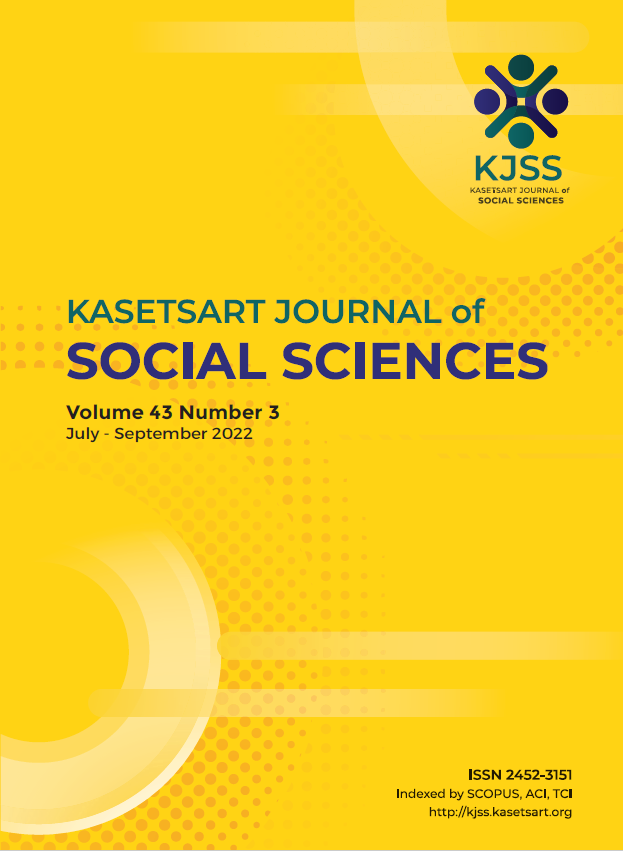Learner autonomy amid COVID-19 outbreak: Insights from EFL teachers’ beliefs
Keywords:
autonomous learner, COVID-19 outbreak, EFL learning, learner autonomy, teachers’ beliefsAbstract
This study aimed to provide insights into English as a foreign language (EFL) teachers’ beliefs regarding learner autonomy at the Indonesian senior high school level. The study followed a sequential mixed-method that employed questionnaires and interviews for data collection. Eighteen EFL senior high school teachers were recruited to participate in this study. It was found that the EFL teachers showed very positive beliefs toward learner autonomy. They associated learner autonomy with the concept of learners’ initiative and independence to learn without any compulsions from the teacher. While, EFL teachers perceived their learners as less autonomous in learning, they had made some efforts to promote learner autonomy, such as maximizing the use of the internet and existing resources, emphasizing freedom in learning, and motivating learning. However, inadequate school facilities and learners’ low motivation became teachers’ constraints in promoting learner autonomy. Therefore, even though EFL teachers knew the importance of learner autonomy, they could not expect optimum development. This reveals the need for special attention from policymakers regarding learner autonomy in online teaching and learning.
Downloads
Published
How to Cite
Issue
Section
License

This work is licensed under a Creative Commons Attribution-NonCommercial-NoDerivatives 4.0 International License.
This is an open access article under the CC BY-NC-ND license http://creativecommons.org/licenses/by-nc-nd/4.0/










